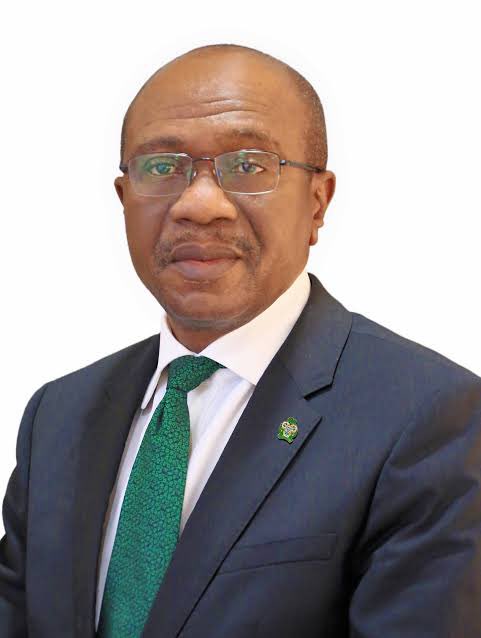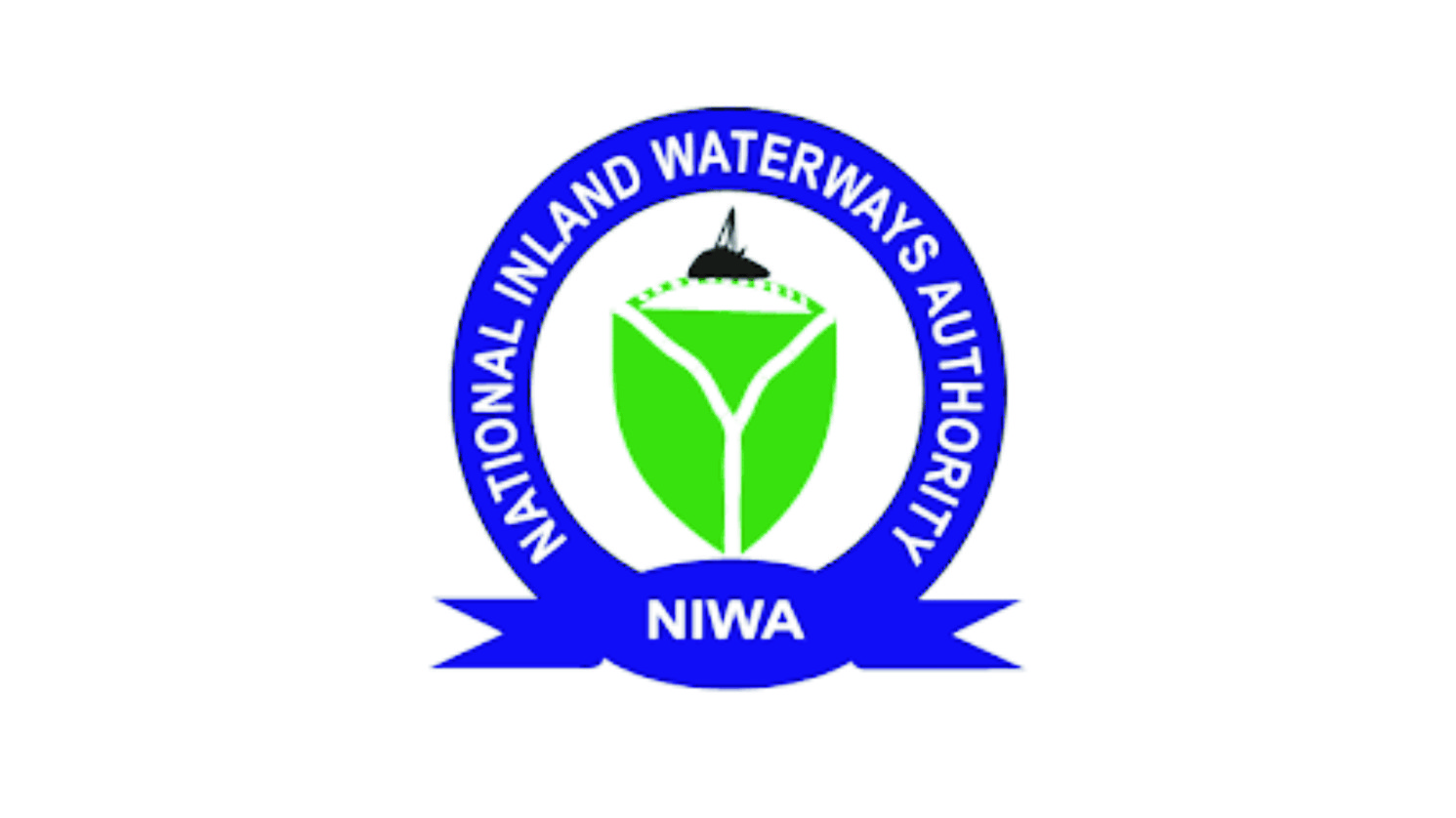Business
CBN Records 48% Fall In Forex Remittance Inflow

Central Bank of Nigeria (CBN) has said it recorded a total of 48 percent decrease in direct forex remittances inflow into the country.
The nation’s apex bank said the direct forex remmitances inflow dropped from $130.12m to $119.4m as of January 2022.
This was contained in a report obtained from the CBN at the weekend, which indicated a 48 per cent fall in remittances inflow over a period of one month.
According to the CBN’s record on weekly international payments, the country recorded $217.7m, $51.74m and $ 224.24m in total direct remittances in November, October and September, respectively.
Direct remittances come into the country via the International Money Transfer Operators, banks, etc.
The CBN’s economic report for the fourth quarter of 2021 said the emergence and spread of the omicron Covid-19 variant affected global economic dynamics and hampered the inflow of workers’ remittances.
“The secondary income account posted a lower surplus of $6.15bn, compared with $6.46bn in the preceding quarter, owing to a decrease in both general government and personal transfer receipts.
“Personal transfers, including workers’ remittances, fell by 5.0 per cent to $4.72bn in the fourth quarter of 2021, compared with $4.97bn in the preceding quarter, while receipts by the general government in the form of transfers, decreased by 4.0 per cent to $1.5bn,”it stated
Recall that CBN Governor, Godwin Emefiele, had earlier said the lessons learnt from its policies on remittances could be applied in improving some aspects of FX inflow into the country, adding that there are four major sources of FX inflow into Nigeria.
“These are proceeds from oil exports, proceeds from non-oil exports, diaspora remittances, and foreign direct/portfolio investments”, Emefiele said.
According to him, the launch of ‘RT200 FX Programme’ will boost forex supply in the country through the non-oil sector for the next three to five years, policies and measures introduced Diaspora inflow and remittances from an average of $6m per week in December 2020 to an average of over $100m per week by January 2022.
“The RT200 FX Programme is a set of policies, plans and programmes for non-oil exports that will enable us to attain our lofty yet attainable goal of $200bn in FX repatriation, exclusively from non-oil exports, over the next three to five years,” he said.
The CBN boss stated that the programme’s five key anchors are a value-adding exports facility; non-oil commodities expansion facility; non-oil FX rebate scheme; dedicated non-oil export terminal; and biannual non-oil export summit.
By: Corlins Walter
Business
NIMASA Commits To Creating Enabling Environment For Maritime Business

Business
FG Inaugurates Special Committee Against Boat Accident


